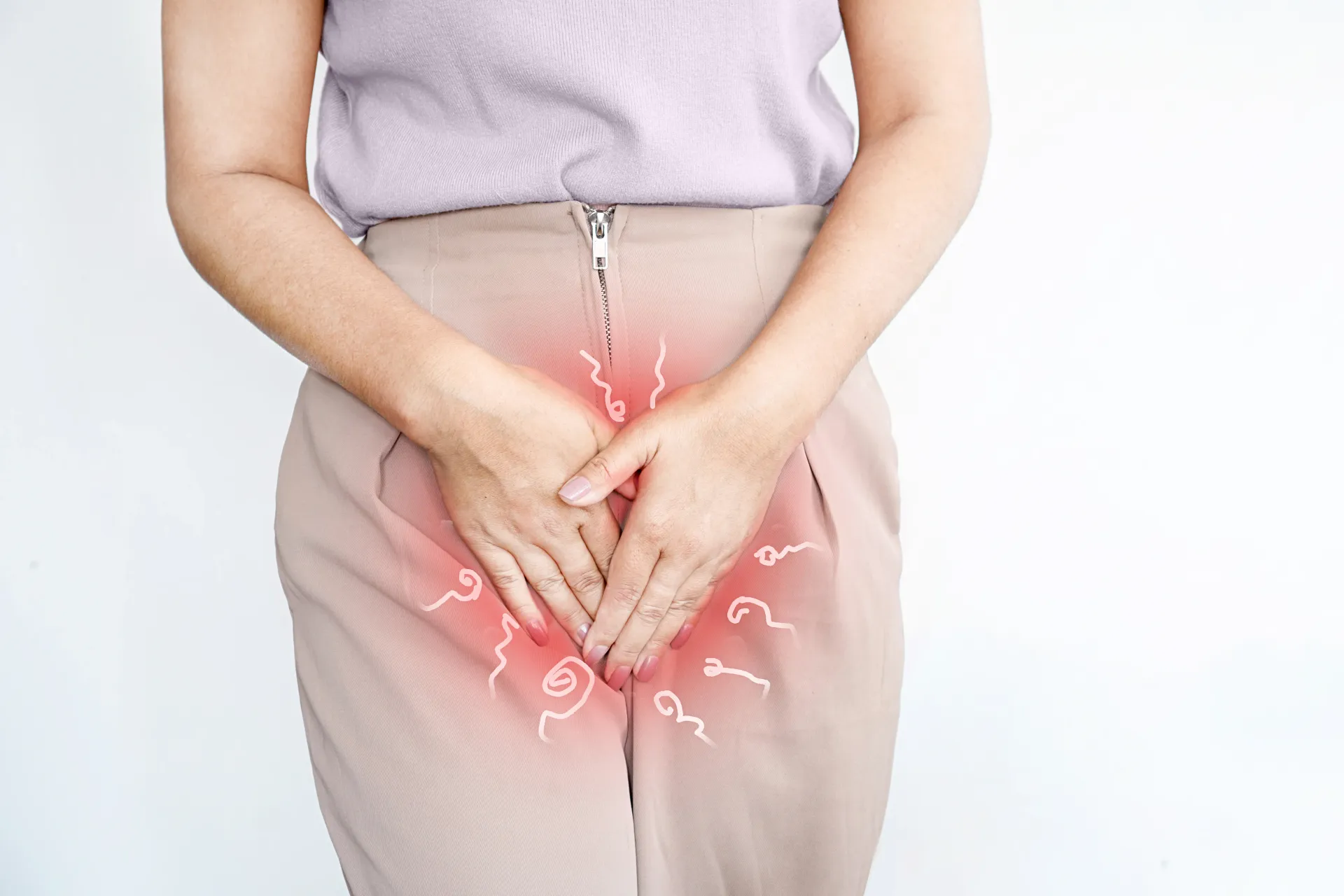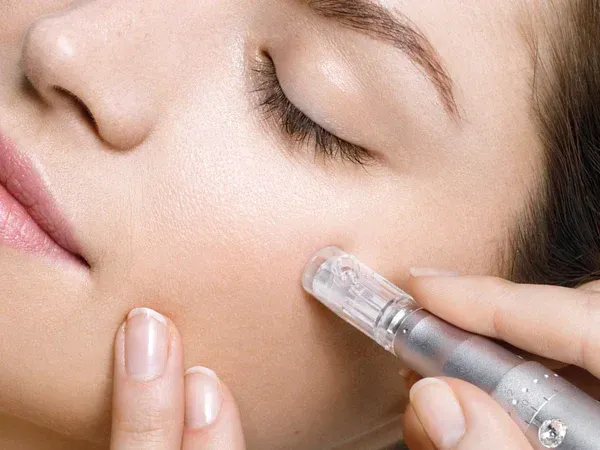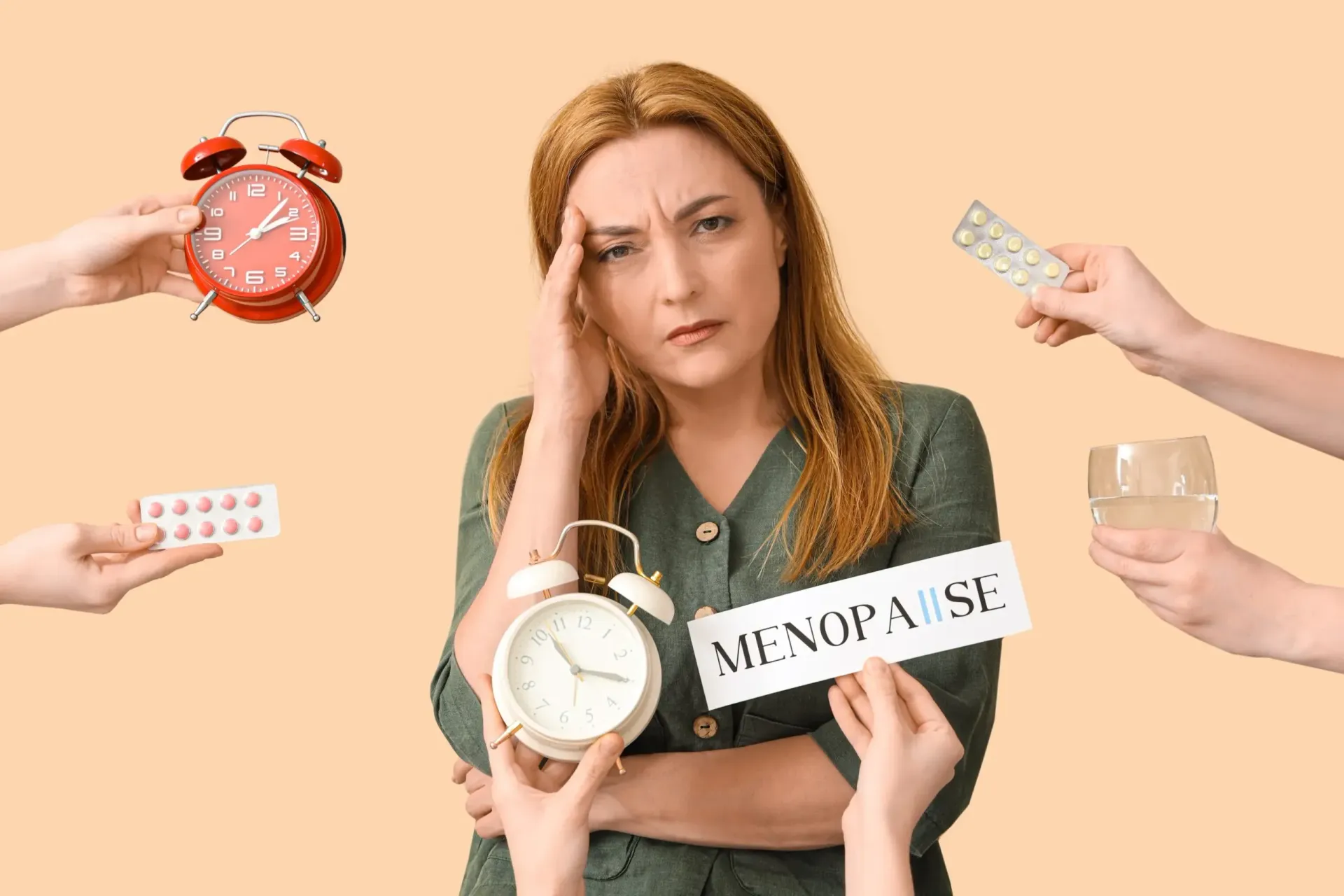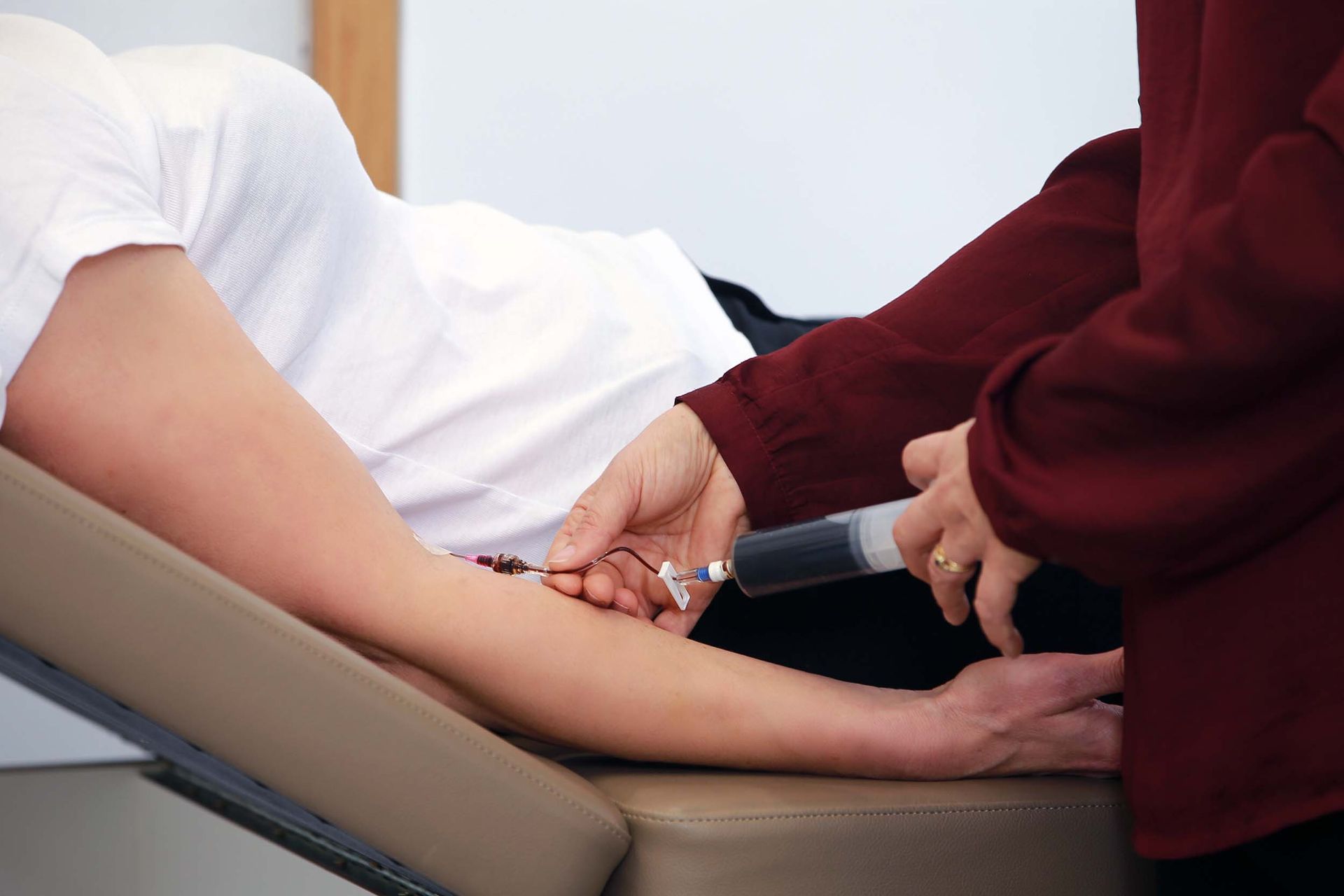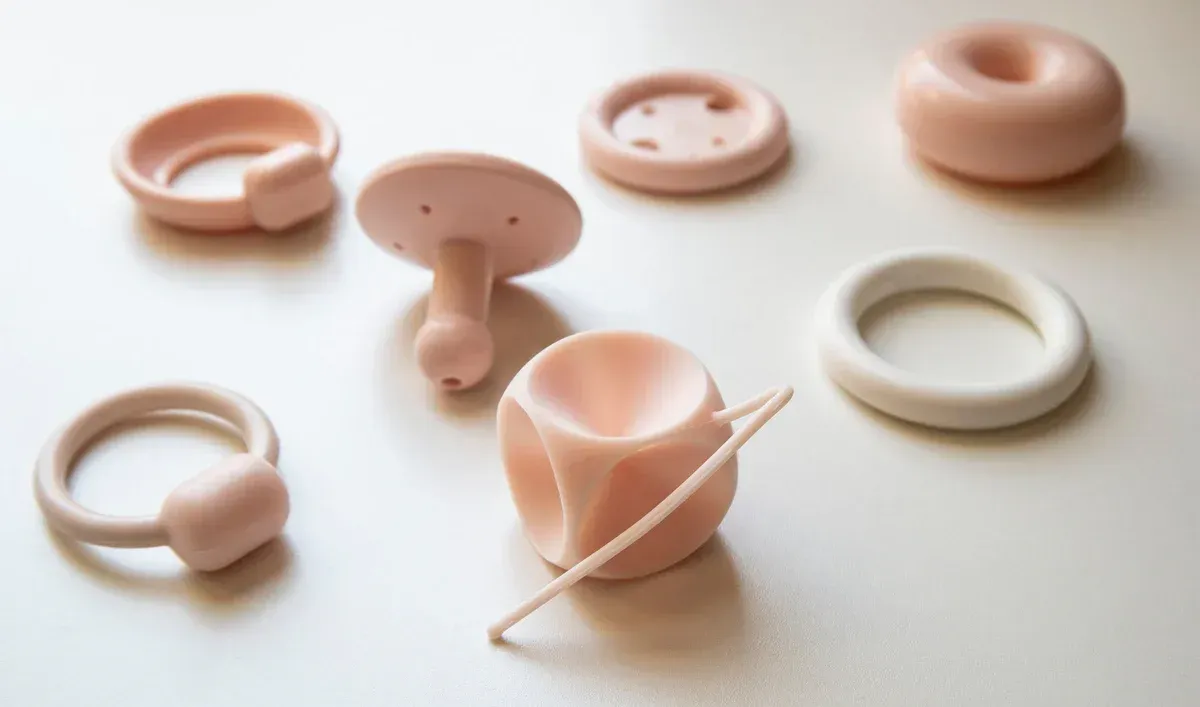What can we do to help alleviate the symptoms of chronic stress?
Dr. Taylor Blixt

When it comes to individuals who are experiencing chronic stress, the first thing we
want to do is rule out any physiological culprits for the symptoms. This involves doing routine
blood tests to check out specific biomarkers in the body.
A CBC (complete blood count) is useful because it contains information about the red
blood cells and white blood cells. For stress, we are looking at the white blood cells, specifically
the leukocyte count. During times of chronic stress leukocytes can increase due to chronic
inflammation. Accumulation can result in an increase of plaque build-up in the blood vessels.
We want to make sure that this is controlled and treated before it leads to atherosclerosis
(thickening of arteries due to plaque build-up). The salivary cortisol helps us to see the cortisol
levels, a specific marker for our adrenal function. Too high of a cortisol level can eventually lead
to adrenal fatigue, which can result in burnout and fatigue which is common long periods
of experiencing chronic stress. Fasting blood glucose is another biomarker that is important to
test if experiencing chronic stress. Too high or too low blood sugar levels can result in anxiety,
and therefore we want to check these levels to make sure they are normal. Both an overactive
and under active thyroid can also result in symptoms persisting of anxiety, nervousness, and
heart palpitations, so it is important to get a thyroid panel to rule out hypothyroidism or
hyperthyroidism. Finally, symptoms from chronic stress, such as panic attacks, can also be
caused by abnormal electrolyte levels. Getting these levels tested is a great way to tailor an
individualized treatment plan centered around rebalancing electrolyte levels if needed.
After ruling out and treating any abnormalities with the blood work, we will then address
diet and lifestyle habits. For diet we can usually keep it simple. Making sure you consume
sufficient protein throughout the day (a high protein source with every meal) and drink at least
2 litres of water per day. For lifestyle, one of the most important things to work on is sleep
hygiene to improve sleep and manage the chronic stress. This means establishing a relaxing
bedtime routine by incorporating the following:
• Drinking a calming tea 30 minutes before bed (chamomile or lavender)
• Avoid screen time at least 30 minutes before bed
• Remove electronic devices from the bedroom (TVs, computers, smart phones)
• Try your best to go to bed and wake up at the same time each day
• Avoid consuming alcohol, nicotine and THC before bedtime
• Exercise during the day in order to get a deeper sleep
Beyond lifestyle and diet, there are plenty of supplements to help deal with chronic stress.
These include L-theanine, GABA, glycine and niacinamide (vitamin B3). L-Theanine is an amino
acid that is commonly found in green tea and matcha. It specifically can help promote a calm
yet alert stat that helps with focus and concentration. It also has been shown to help decrease
heart rate and lower psychological stress response in high-stress environments.
There are also plants that help when dealing chronic stress. These include ashwagandha,
chamomile, passionflower and valerian. Ashwagandha is a great adaptogen, which means it
helps the body cope with stress by working on our adrenal system. Over time it helps to regulate
cortisol levels and help our body adapt to stressful events. Valerian is also a herb to highlight to
help with sleep. It naturally increases GABA (calming neurotransmitter) that helps to relax us
and is great with people experiencing insomnia. At the clinic we can custom compound you a
tincture that contain these plants as part of your treatment plan to help give you even more
tools to combat the chronic stress.
Lastly, one of the physical modalities we offer at the clinic that can help treat chronic stress
is acupuncture. In traditional Chinese medicine there are specific acupuncture points that can
help with insomnia but also can “calm the mind”. This will help individuals who experience
racing thoughts with their chronic stress. Dr. Taylor also offers reiki and guided meditation while
he has the acupuncture needles inserted to help further increase relaxation and stress
reduction.



